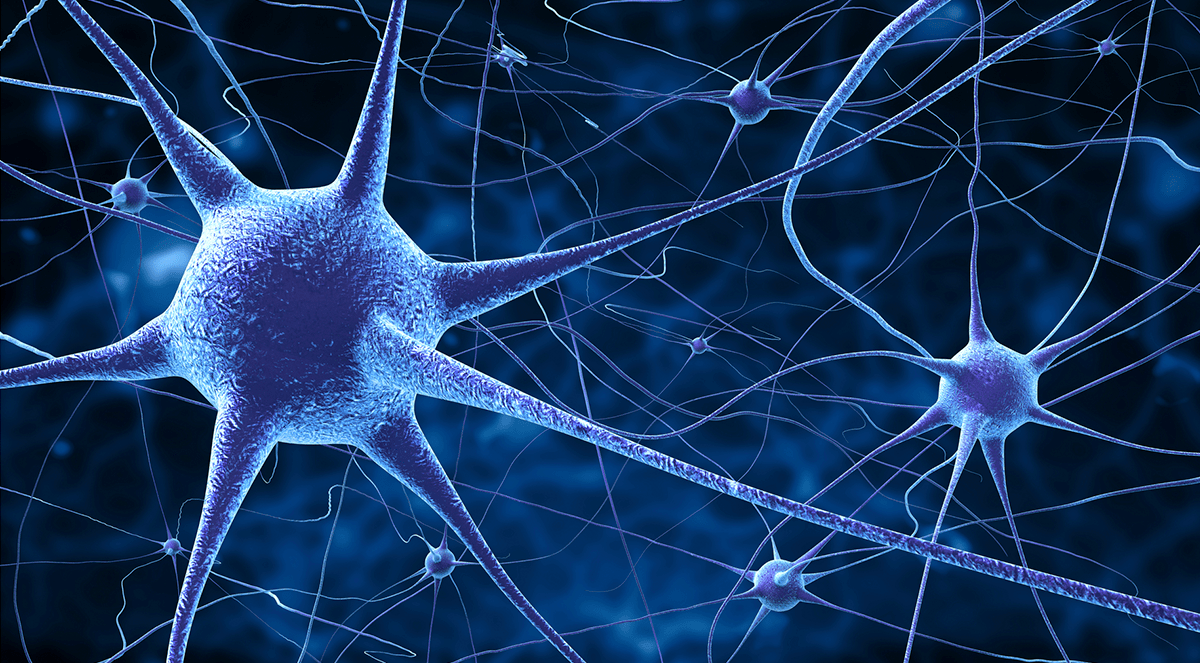Estrogen produces a beneficial role in animal models of multiple sclerosis (MS). The effect of 17β-estradiol therapy on microglia polarization and neuroinflammation in the corpus callosum of the cuprizone-induced demyelination model has not been elucidated. In this study, mice were given 0.2% cuprizone (CPZ) for 5 weeks to induce demyelination during which they received 50 ng of 17β-estradiol (EST), injected subcutaneously in the neck region, twice weekly. Data revealed that treatment with 17β-estradiol therapy (CPZ+EST) improved neurological behavioral deficits, displayed by a significant reduction in escape latencies, in comparison to untreated CPZ mice. Also, administration of 17β-estradiol caused a decrease in demyelination levels and axonal injury, as demonstrated by staining with Luxol fast blue, immunofluorescence to myelin basic protein, and transmission electron microscopy analysis. In addition, at the transcriptional level in the brain, mice treated with 17β-estradiol (CPZ+EST) showed a decrease in the levels of M1-assosicted microglia markers (CD86, iNOS and MHC-II) whereas M2-associated genes (Arg-1, CD206 and Trem-2) were increased, compared to CPZ mice. Moreover, administration of 17β-estradiol resulted in a significant reduction (∼3-fold) in transcript levels of NLRP3 inflammasome and its downstream product IL-18, comapred to controls. In summary, this study demonstrated for the first time that exogenous 17β-estradiol therapy robustly leads to the reduction of M1 phenotype, stimulation of polarized M2 microglia, and repression of NLRP3 inflammasome in the corpus callosum of CPZ demyelination model of MS. The positive effects of 17β-estradiol on microglia and inflammasome seems to facilitate and accelerate the remyelination process.Copyright © 2021 IBRO. Published by Elsevier Ltd. All rights reserved.
17β-estradiol reduces demyelination in cuprizone-fed mice by promoting M2 microglia polarity and regulating NLRP3 inflammasome.


